List of Sleep Disorders: Types, Causes & Mental Health Links
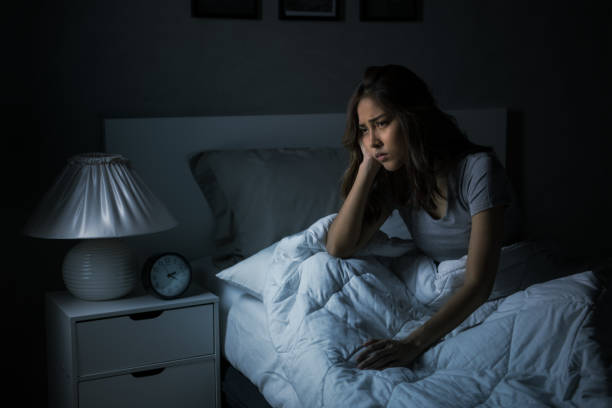
Sleep is the foundation of health, mood, and focus. Globally, 62% of adults report poor sleep, and in India, one-third of urban residents struggle with chronic sleep problems.
Dr. Prakhar Jain, an esteemed psychiatrist in Mumbai, explains:
“Disrupted sleep doesn’t just affect the night—it weakens the day. Fatigue, anxiety, depression, heart disease, and low immunity all stem from poor rest. Early recognition and treatment are essential.”
So, why do people struggle to sleep, and how do different conditions affect rest?
Let’s uncover the major categories of sleep disorders…
Sleep Disorders Related to Difficulty Initiating or Maintaining Sleep
Insomnia is one of the most common sleep disorders. Symptoms include difficulty falling asleep, frequent waking, and waking unrefreshed. Often linked to stress or irregular routines, insomnia deeply impacts daily life.
Dr. Jain, an acclaimed mental health specialist in Mumbai, notes:
“Insomnia is more than sleeplessness—it reflects hidden stressors and can gradually erode well-being.”
Not all sleep disorders mean too little sleep—some involve too much.
Disorders Related to Excessive Sleepiness

-
Narcolepsy:Sudden sleep attacks, cataplexy, and irregular night sleep.
-
Idiopathic Hypersomnia: Persistent fatigue with no clear cause, even after adequate rest.
-
Kleine-Levin Syndrome: Rare episodes of prolonged sleep (up to 20 hours), often with confusion or irritability.
When excessive sleep disrupts life, breathing issues add another challenge.
Sleep Disorders Linked to Abnormal Breathing
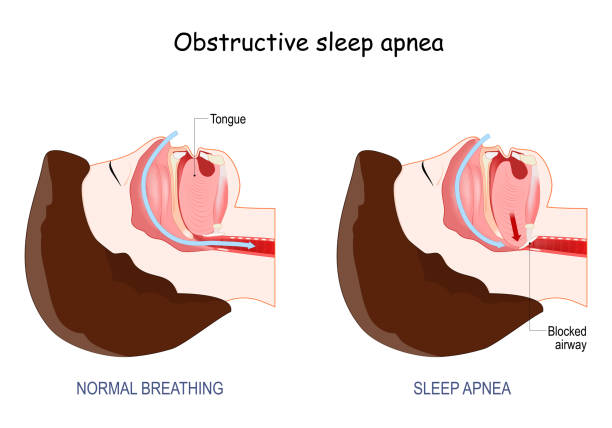
Sleep apnea, the most common in this group, causes repeated pauses in breathing during sleep. Signs include:
- Loud snoring
- Choking during sleep
- Daytime fatigue
Dr. Jain, a widely respected psychiatrist in Mumbai, India, explains:
“Sleep apnea is more than snoring—it heightens heart risks, worsens mental health, and silently drains productivity.”
Struggling with disrupted sleep patterns? Consider professional guidance to uncover the underlying cause and explore solutions tailored to your needs.
Breathing issues aside, some disorders show up as unusual actions during sleep.
Sleep Disorders Involving Unusual Behaviors During Sleep (Parasomnias)
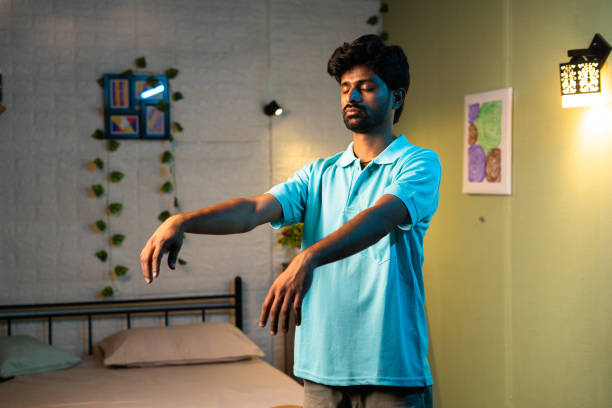
Parasomnias involve abnormal actions like sleepwalking, talking, paralysis, night terrors, or acting out dreams (REM sleep behavior disorder).
Dr. Jain explains:
“Parasomnias unsettle both patients and families. Early recognition helps ensure safety and proper management.”
Beyond behaviors, the body’s internal clock plays a major role in healthy sleep.
Sleep Disorders Caused by Disrupted Biological Clock (Circadian Rhythm Disorders)
Circadian rhythm disorders occur when the body’s sleep-wake cycle falls out of sync, as seen in delayed sleep phase disorder or shift work disorder.
Can infections during pregnancy impact autism risk? Let’s explore how immune system activation from infections may affect your baby’s brain development.
Sleep Disorders Involving Unpleasant Sensations and Movements
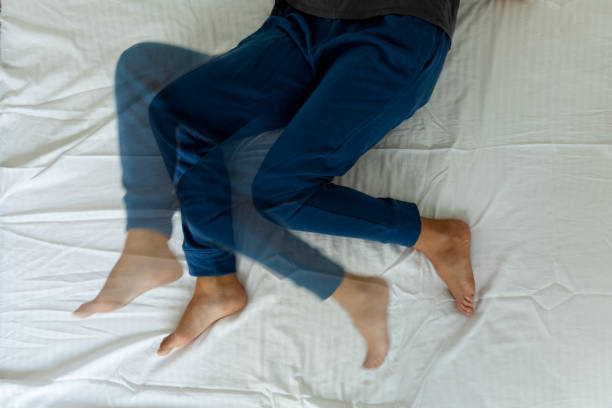
Restless Legs Syndrome (RLS) and periodic limb movement disorder involve strong urges to move the legs at night, breaking sleep.
Dr. Jain, a renowned psychiatrist in Mumbai, notes:
“Movement-based sleep disorders reveal the nervous system’s deep link to rest. Effective care blends medical guidance with lifestyle changes.”
Wondering if nightly discomfort signals a hidden condition? Speaking with a specialist can bring clarity and relief.
Beyond physical issues, mental health also shapes sleep profoundly.
Psychiatric Links to Sleep Disorders
Sleep and mental health are closely tied. Anxiety, depression, and bipolar disorder often disturb sleep, while ongoing sleep loss worsens psychiatric symptoms. Dr. Jain, a compassionate psychiatrist in Mumbai, emphasizes:
“Sleep and mental health are inseparable. Addressing one without the other often delays recovery.”
When, then, should you seek professional help?
When to Seek Medical & Psychiatric Help
Seek support if sleep issues last beyond a few weeks, disrupt daily functioning, or appear with mood changes. Warning signs include loud snoring, frequent nightmares, excessive fatigue, or restless movements. Early care prevents long-term harm.
Recognizing signs is the first step—treatment completes the journey.
Dr. Prakhar Jain’s Approach to Treating Sleep Disorders
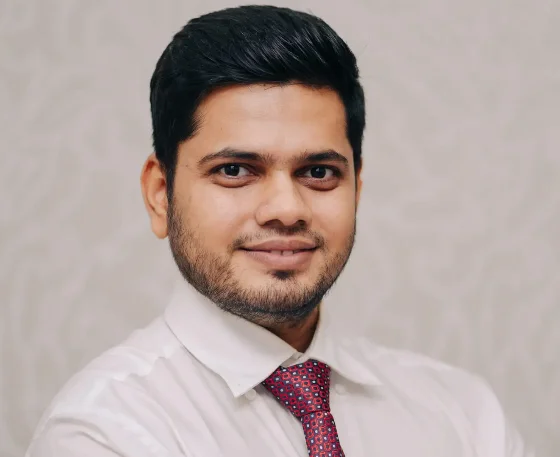
Dr. Prakhar Jain, a forward-thinking psychiatrist in Mumbai, offers tailored, evidence-based care. His approach includes:
Comprehensive Assessments: Reviewing history, routines, and mental health.
Sleep Hygiene Counseling: Promoting steady schedules, reduced screen time, and restful environments.
Targeted Therapies: Cognitive-behavioral therapy for insomnia (CBT-I) and relaxation techniques.
Medical Management: Prescribing medication when needed to stabilize cycles or manage coexisting conditions.
Collaborative Care: Working with specialists for complex cases.
He explains:
“Each sleep disorder has unique challenges. The key lies in understanding the individual, tailoring treatment, and restoring healthy rest.”
Curious about strategies that can restore balanced sleep? Exploring expert-led treatment approaches can be your next step toward healthier nights.
With these insights, let’s summarize the impact of sleep disorders.
Conclusion
Sleep disorders—whether linked to breathing, timing, behavior, or mental health—affect millions worldwide, including India. Though disruptive, most can be managed with awareness, proper diagnosis, and treatment, leading to healthier, more restorative nights.
Still have questions? Let’s address them.
FAQs
Q1: Are sleep disorders more common in men or women?
Sleep apnea is more common in men, while insomnia and RLS affect more women.
Q2: Can lifestyle changes alone treat sleep disorders?
Some mild cases improve with better habits, but many require medical input.
Q3: Do children also experience sleep disorders?
Yes—parasomnias, insomnia, and anxiety-related issues often affect children.
Q4: How long does it take to diagnose a sleep disorder?
Diagnosis may take weeks, involving history, sleep diaries, or overnight studies.
Q5: Can untreated sleep disorders shorten lifespan?
Yes, chronic untreated disorders raise risks of heart disease, diabetes, and psychiatric illness.
Disclaimer: The information shared in this content is for educational purposes and not for promotional use.

MBBS, M.D. (PSYCHIATRY), PDF, EMH (USA)
Child & Neuro Psychiatrist.
Dr. Prakhar Jain is a Psychiatrist in Mumbai, and has an experience of 7 years in this field. Dr. Prakhar Jain practices at Sir JJ Hospital, Wadia Hospital & Royal Clinic in Mumbai. He completed MBBS from Indira Gandhi Government Medical College, Nagpur and M.D. (Psychiatry) from Grant Medical College and Sir JJ Hospital, Mumbai.
